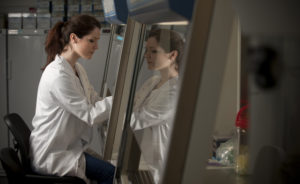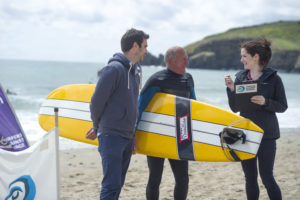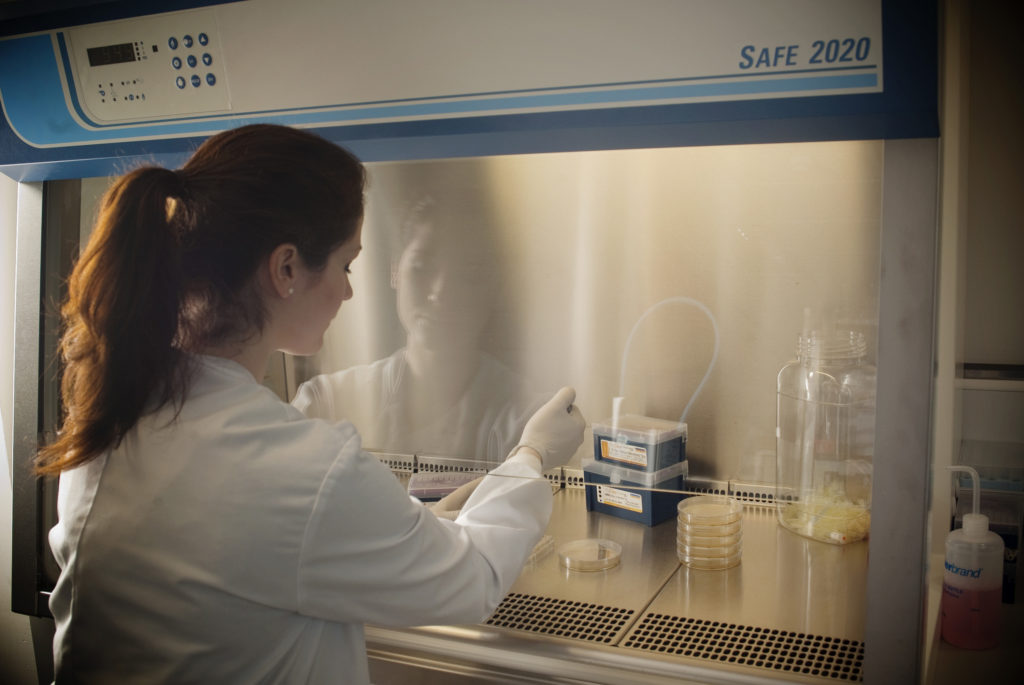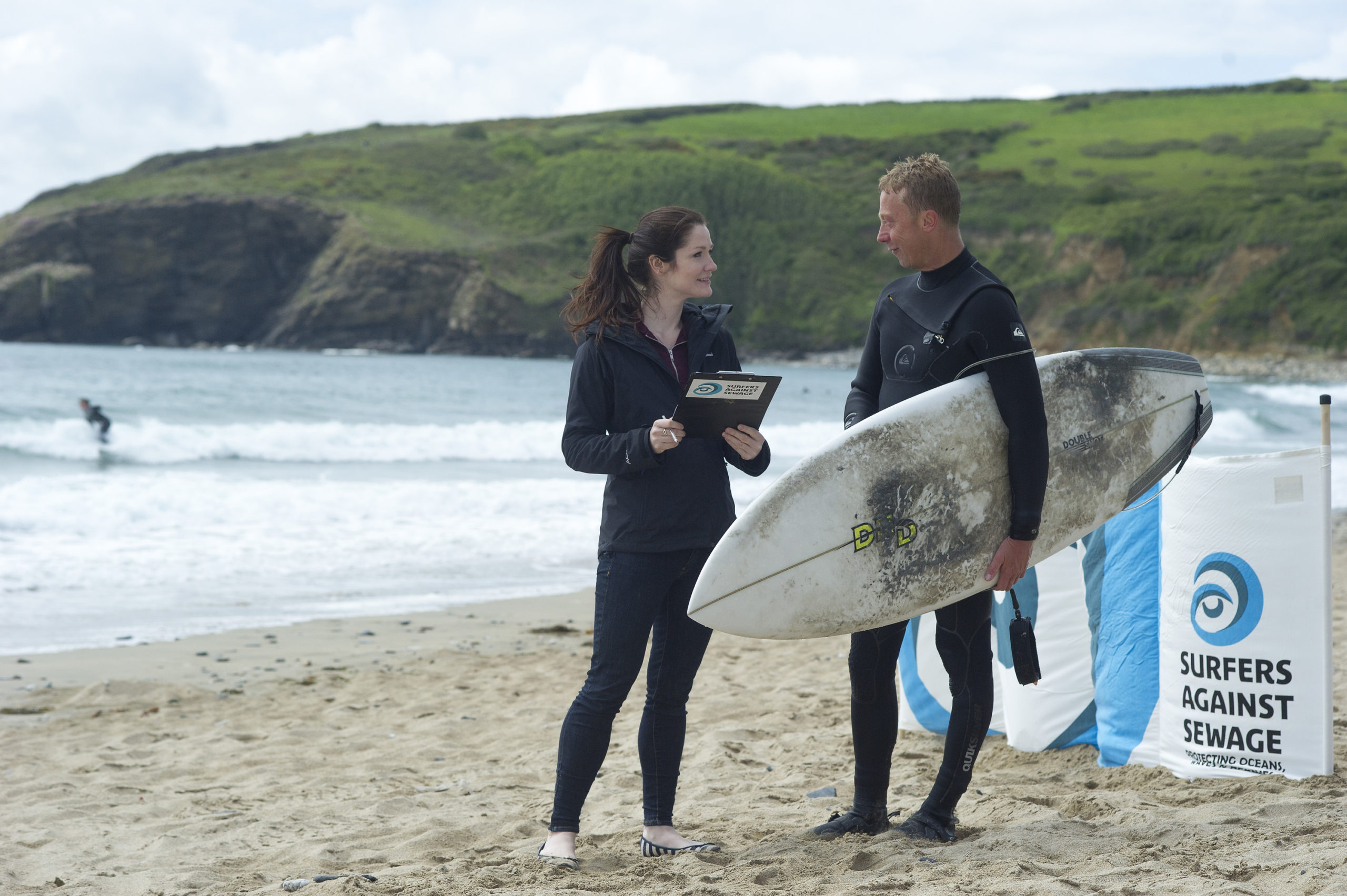https://soundcloud.com/scientistsatsea/anne-leonard
Show notes
Ethan and Molly talk to Dr. Anne Leonard about her work studying antibiotic resistant bacteria in the waters around our coasts. How did it get there? Is it dangerous? Where are the cleanest places to swim? All these questions and more are answered in the podcast linked above.
If people are worried about where and when they should go to beaches… going to ones that regularly meet good water quality standards is probably a good way to go.

Read Anne’s open access (free) systematic review here:
You can also find out more about the Beach Bum Survey here (again, open access)!
Links to more of Anne’s work (membership to journals required)
Human recreational exposure to antibiotic resistant bacteria in coastal bathing waters

Bathing Water Quality Near You
Environment Agency – Bathing Water Quality
Surfers Against Sewage – Safer Seas Service
The Jargon Buster
If there’s anything that came up in the episode that you would like to know more about, get in touch via our Facebook and Twitter pages.
Antibiotic medications
- Drugs used to treat bacterial infections. These are used to treat a whole range of conditions such as acne, bronchitis, and skin infections.
Antibiotic resistant bacteria
- Bacteria that are not controlled or killed by antibiotic medications.
Microorganisms
- A living organism that cannot be seen by the naked eye, but can be observed under a microscope.
MRSA – Methicillin-resistant Staphylococcus aureus
- An example of antibiotic resistant bacteria.
- A type of bacteria that usually live in the intestines of people and animals which can cause food poisoning.
Pathogenic bacteria
- Bacteria that is capable of causing disease.
Agricultural run-off
- The portion of rainfall that runs over agricultural land and then into streams as surface water rather than being absorbed into ground water or evaporating.
Systematic review
- A systematic review has multiple stages and is aimed at the identification of all reliable evidence regarding a specific clinical problem.
- A quick way of analysing DNA.

Get in touch via our Facebook and Twitter pages.
#ExeterMarine is an interdisciplinary group of marine related researchers with capabilities across the scientific, medical, engineering, humanities and social science fields. If you are interested in working with our researchers or students, contact Michael Hanley or visit our website!

